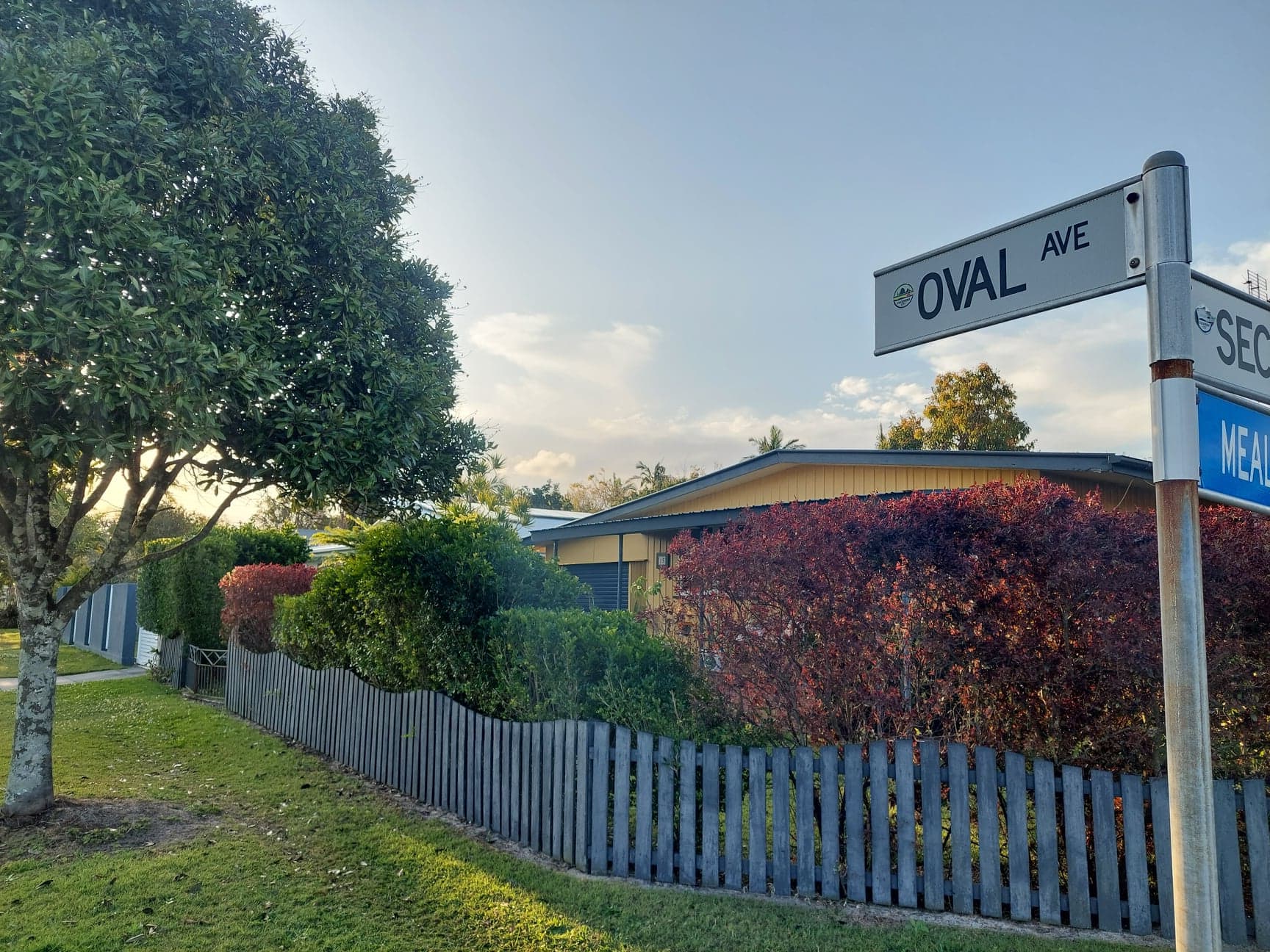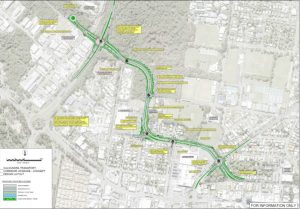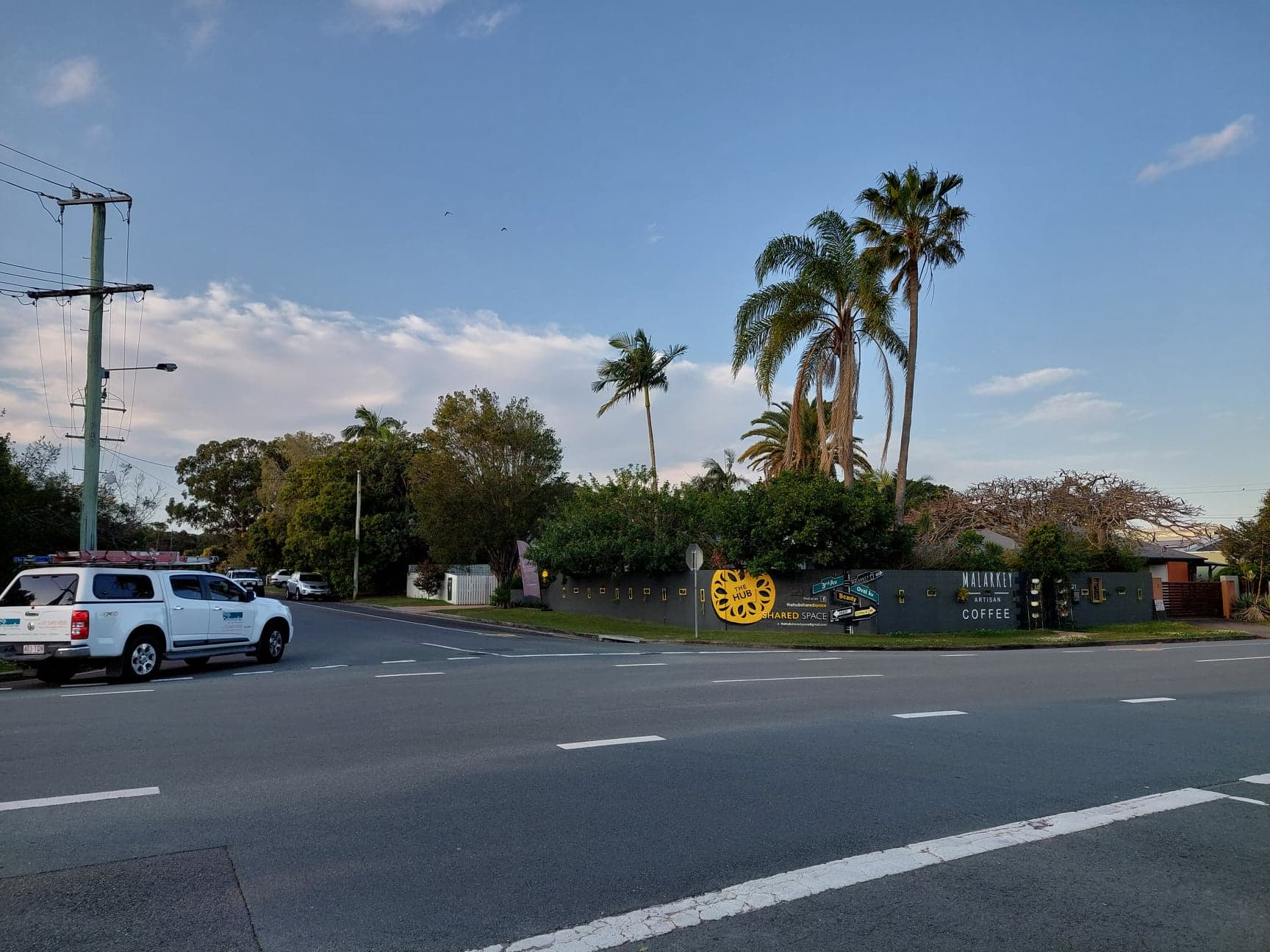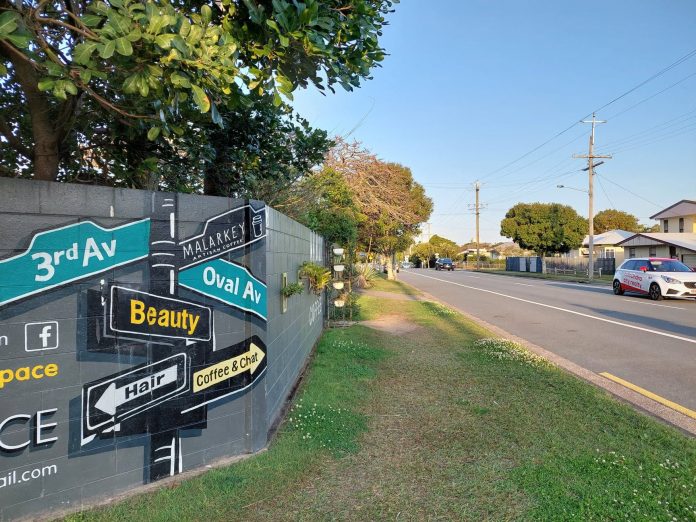A solicitor representing 15 landowners forced to sell to make way for Caloundra’s new road network has revealed how emotionally distressing, “deceitful” and unaccommodating the council’s resumption process has been.
Butler McDermott Solicitor Peter Boyce has accused Sunshine Coast Council of “window dressing” and being “untruthful” while buying up homes and businesses to make way for the Caloundra Transport Corridor Upgrade.
Mr Boyce claims council has given affected people the run-around, with notice-to-leave dates changing, no policy in place to support those impacted as well as hidden financial blows — only exacerbating their emotional distress.
Mr Boyce said some residents and business owners felt they had “no choice” other than to sell because the resumption (property seizure) was coming, while others have given up entirely.
Some people were “so stressed” by the whole process, they decided to negotiate and try and move on with their lives.
“I have not run into any person who want to go voluntarily or who would sell voluntarily,” he said.
“It needs to be remembered that for many people this is their major and most significant asset and many have lived in their homes for years and years.
“For them to find, particularly at an elderly age, having to move on is not only stressful but causes a great deal of anxiety and it would be difficult for anyone to deal with at the best of times.”
In response, a Sunshine Coast Council spokesperson said the council had moved quickly to give impacted residents notice and was offering market value plus “disturbance” compensation such as relocation costs and buying replacement land.
To fix Caloundra’s traffic congestion problems, the council has been gradually snapping up homes along the route of the proposed Caloundra Transport Corridor Upgrade (CTCU) — a four-lane shortcut from the Nicklin Way to the town centre.
A total of 20 homes and businesses need to be resumed on streets such as Oval Avenue, Third Avenue and Omrah Avenue which has created angst and uncertainty among those whose properties lie in the way.
In March, SCN revealed two landowners were refusing to budge, but council’s response to questions surrounding the compulsory acquisitions has not changed since, only saying negotiations are still underway.

While council has said the purchases are voluntary, Mr Boyce said that was untrue.
“The real problem is that council pretend this is a voluntary purchase – they tell people they are going to resume but will enter into a voluntary purchase,” he said.
“Council are really after property, “window dressing” and being quite deceitful and untruthful when they say it is a purchase.”
“The fact they are purchasers at present means that people have negotiated and finally accepted their fate.”
Mr Boyce said people received notices of intention to resume – and were told the resumptions would take place and they would need to be out by that date, and the date “keeps changing.”
The council spokesperson said landowners could either leave the premises once a negotiated settlement had been reached or rent back from council until the vacant possession date.
“If renting, they are not locked into staying until the vacant possession date,” the spokesperson said.

“They can leave whenever they wish… council gives the occupants a very long lead time.”
The spokesperson said an initial timing of June 30, 2022 was intended for vacant possession, but council undertook further community engagement which extended the project’s start date.
In February, council extended the vacant possession date to 31 March 2023.
Mr Boyce said while Transport and Main Roads has an early acquisition policy, the council did not, despite requests to consider one.
He said because there wasn’t a policy in place the affected people were under-supported and under-compensated.
“Council officers say they understand their circumstances, however, we have had instances where people have suggested that the costs to remove them, including all of their goods and chattels, might be $30,000.00,” he said.
“Council say that is just too much and they are not paying that. Why should they have the choice?”
In response a council spokesperson said offers were made using the same assessment as the State Government, as if the property had been resumed under the Acquisition of Land Act 1967.
“It is not necessary for council to have an early acquisition policy and does not impose limitations on who can request an early acquisition, so more owners can take advantage of council’s offer to purchase properties.”
But unlike the state policy, the council does not place the onus on residents to prove they are experiencing hardship, the spokesperson said.
“In terms of assessing payment for an early acquisition, both council and DTMR base their assessment on what the person would have been paid if their land had been resumed under the Acquisition of Land Act 1967,” the spokesperson said.
Mr Boyce called the early acquisition policy an “old piece of legislation in need of a significant overhaul” otherwise, the stress and anxiety people experience in the process, will remain.
“I am not saying it will be removed by amendments to the legislation… things such as solatium in South Australia was payable up to, I think, an additional 20 per cent on top of compensation — is one aspect that should be considered,” he said.
“The Government takes the view — we will pay you what they consider “fair” but if it’s out of the ordinary or they think it is too much — they then take the poor old landowner to task. That is certainly not fair or reasonable.
“I accept that the landowner needs to act reasonably… there are many cases where people are out-of-pocket and they should not be for this whole process.”

Caloundra Chamber of Commerce President Mike Shadforth said while his organisation agreed Caloundra’s traffic problems needed to be fixed and a solution would be beneficial for all businesses in town, he said the houses should be used for accommodation until the CTCU was built.
A council spokesperson said since reaching settlement with 14 property owners, only three properties were not being rented (two were deemed uninhabitable and another demolished due to asbestos).
“When council requires land resumptions for infrastructure projects, including the CTCU, the properties are always advertised for rental until the vacant possession date.
“The only time this does not occur is if a property is not in a good enough condition to rent.”
Mr Shadforth echoed Mr Boyce’s call for more support to both residents and businesses, other than just purchasing their properties during the land acquisition process.
The council spokesperson when the CTCU project was endorsed by council in 2019, impacted property owners were immediately contacted and offers were made to acquire their properties via negotiation, including paying for reasonable disturbance costs.
“As a result, council has acquired 14 properties and continues to negotiate with the remaining landowners.”





